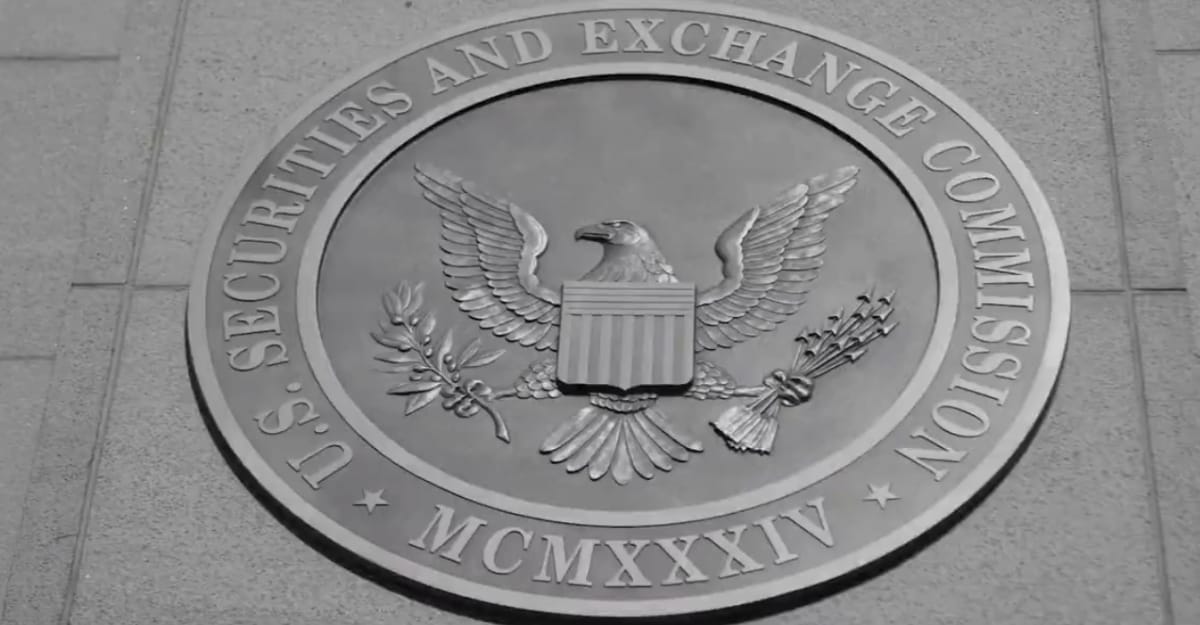The Reserve Bank of India (RBI) is working with multiple national lenders on advanced trials of the eRupee central bank digital currency (CBDC). Despite recent advancements in the area, the central bank is no rush to roll out its CBDC to users in the country. The situation was addressed in Philippines by RBI deputy governor T. Rabi Sankar, reportedly during a conference. As part of his speech, Sankar said the central bank is in no hurry to expand the rollout of the eRupee, until its impact on the financial systems is thoroughly assessed.
Sankar told Bloomberg the that the rollout of the digital currency for general use in India could take some time. “We are in no hurry to roll it out immediately. Once we have some visibility of what the outcome or impact will be, we’ll roll it out. We don’t keep a specific timeline for that,” he told the publication.
Launched into trials back in December 2022, the RBI views it as a tool to internationalise the INR currency. The eRupee is expected to improve the present lags in facilitating cross border settlements.
Other countries like Russia and China are also taking steps to integrate their CBDCs into their financial systems. The aim is to reduce the reliance on the USD to process international settlements. The RBIU deputy governor told Bloomberg that India is working on CBDC-backed payment arrangements with Sri Lanka and the UAE.
In a bid to simplify an effective roll out strategy for these CBDC-friendly nations, the International Monetary Fund (IMF) recently proposed a framework. Called REDI. The framework lays focus on Regulation, Education, Design and Deployment, and Incentives – while planning the CBDC rollout. The IMF expects the CBDC ecosystem to face multiple challenges during the process of adoption.
At present, G20 members are researching the pros and cons of introducing CBDCs. As per a recently released report by the think tank Atlantic Council, a total of 134 nations are actively exploring digital versions of their currencies. These countries make up 98 percent of the global economy.
Through the eRupee CBDC, the RBI is counting on the eRupee to improve the speed and security of remittance settlements. In October, RBI Governor Shaktikanta Das highlighted that India is among the few major economies with a 24×7 real-time gross settlement (RTGS) system, poised to evolve with advancing technologies.
A CBDC (Central Bank Digital Currency) like the eRupee is the blockchain representation of fiat currencies, issued and regulated by the central banks. While they work like cryptocurrencies in terms of facilitating quick and relatively private financial transactions, they are overseen and controlled by financial authorities. Transactions processed through CBDCs are logged permanently on blockchain networks that are unchangeable and brings more transparency to financial histories.





